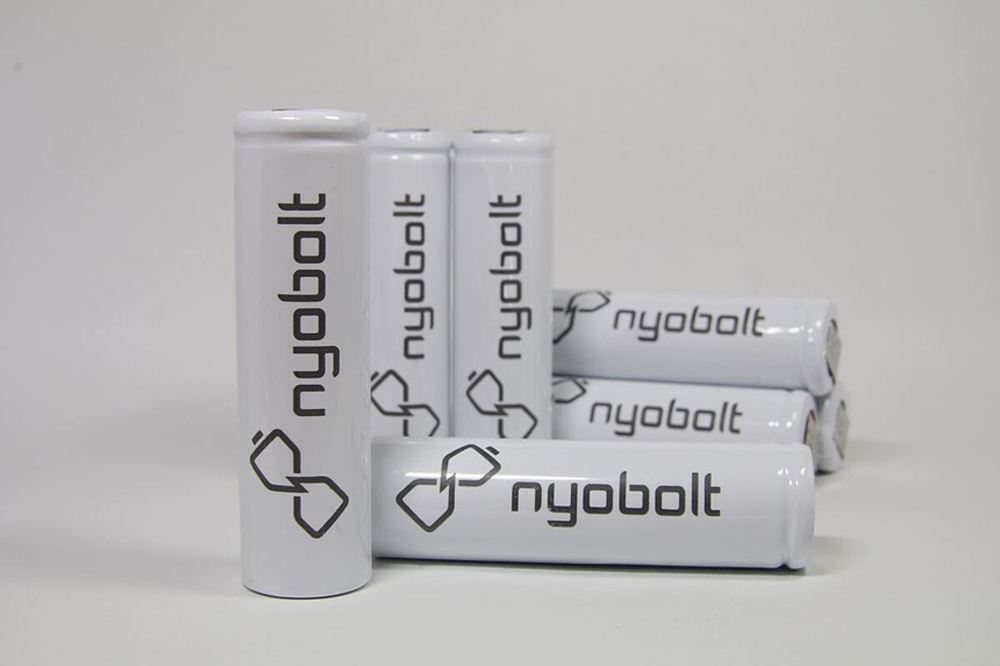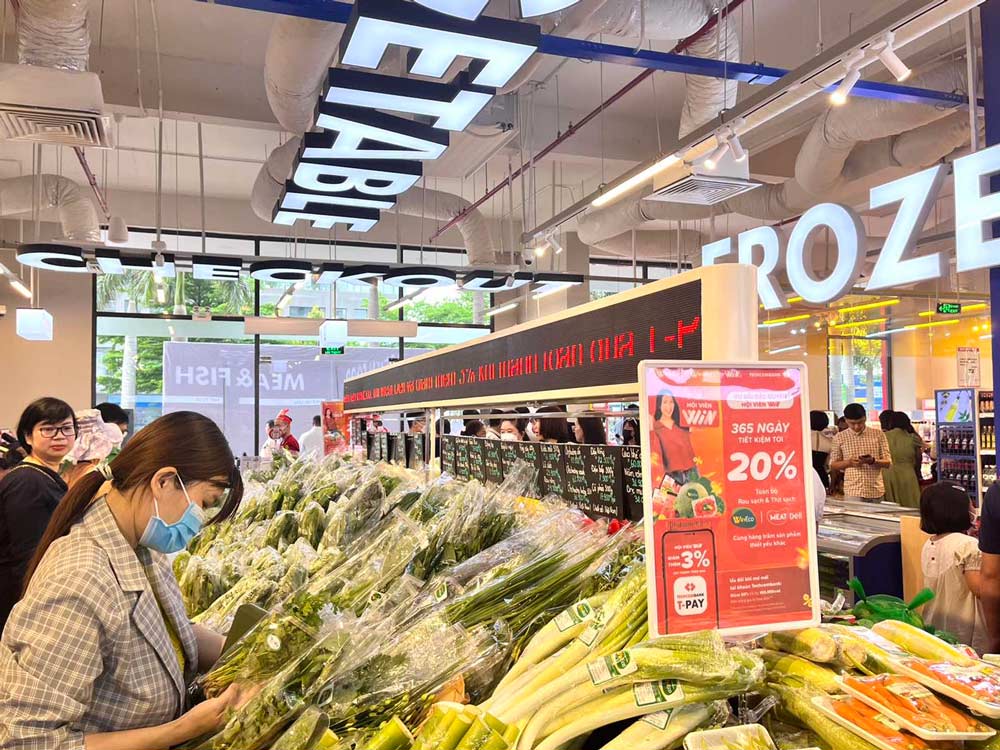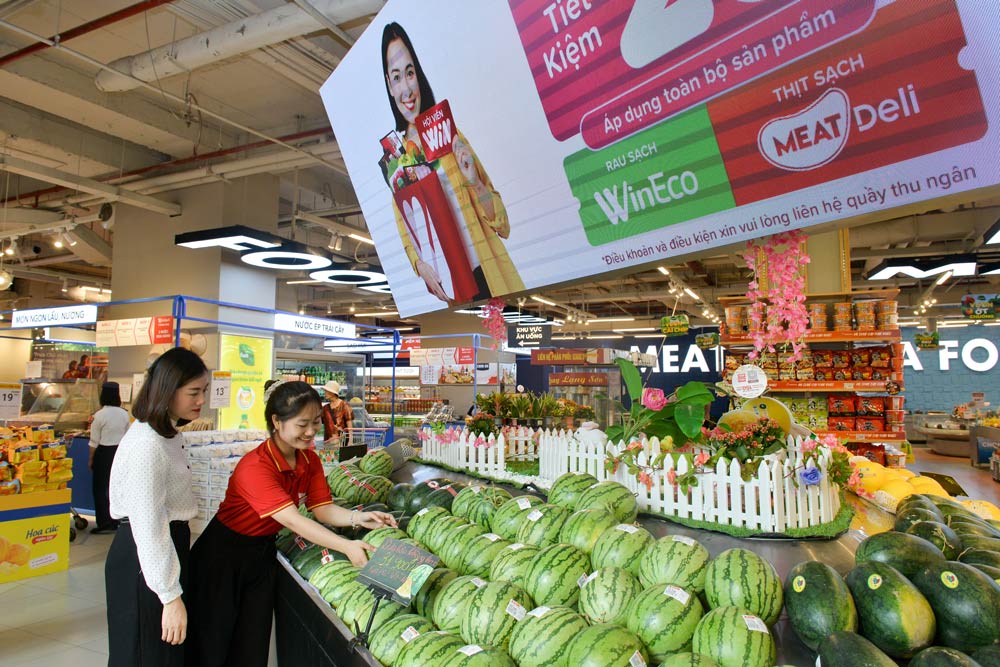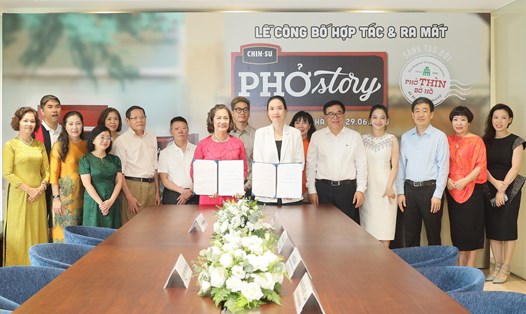Profit from divestment of HCS
On December 18, Masan High-Tech Materials (a subsidiary of Masan) announced that it has successfully completed the transfer of 100% of the shares in H.C. Starck Holding (Germany) GmbH (“H.C. Starck”, “HCS”) to Mitsubishi Materials Corporation (“MMC”) Group. As part of the transaction, MHT and HCS have entered into an APT and tungsten oxide offtake agreement, which will bring long-term benefits to both parties and create a solid foundation for MHT to maximize its order volume.
Masan will retain ownership and potential profits in Nyobolt, a UK-based company that provides fast-charging battery solutions using tungsten and niobium as anodes. Nyobolt is close to commercializing its products at scale. For the “black mass” recycling technology developed by HCS, Masan will retain the privilege of receiving a portion of the profits when this technology is commercialized in the future.

Upon completion of the transaction, Masan will record a one-time after-tax gain. The proceeds from the transaction will be used to reduce MHT's debt from approximately USD 670 million to approximately USD 490 million. Masan's net debt to EBITDA ratio is expected to be approximately 3.17x at the end of 2024, in line with the Group's target to maintain this ratio below 3.5x.
Economic recovery and positive consumer trends
Recently, the General Statistics Office (GSO) announced positive figures for the domestic retail consumer market. Total retail sales of goods and consumer service revenue at current prices in November 2024 are estimated at VND 562 trillion, up 8.8% over the same period last year. In the first 11 months of 2024, total retail sales of goods and consumer service revenue at current prices are estimated at VND 5,822.3 trillion, up 8.8% over the same period last year.
Total retail sales growth in November was the highest in four months, mainly contributed by retail sales of goods, signaling positive year-end shopping demand.

Thanks to the effectiveness of favorable visa policies, tourism promotion programs in 2024 have been promoted by localities across the country, attracting a fairly high number of international visitors to Vietnam compared to the same period last year. According to data from the GSO, international visitors to Vietnam in November 2024 increased sharply, reaching 1.7 million, an increase of 38.8% over the same period last year. In the 11 months of 2024, international visitors to our country reached more than 15.8 million, an increase of 41% over the same period last year.
The “telling” figures of the GDP, consumption, and tourist arrivals reports in Vietnam partly signal the recovery of the economy and consumption in particular, contributing to boosting the business results of retail consumer enterprises. In particular, with its leading position in the industry, Masan will benefit significantly when the consumer market fully recovers and promises to move closer to the positive profit plan in 2024.
Government strives to achieve 8% GDP growth by 2025
At the National Conference held on December 1, the Government leaders emphasized the priority and renewal of growth drivers, striving for a GDP of 8% in 2025. Vietnam strives to achieve a GDP per capita of about 4,900 USD, an average consumer price index (CPI) of about 4.5%, a budget deficit of 3.8% of GDP, and public debt of 35-38% of GDP... in 2025. Traditional growth drivers such as investment, consumption, and export continue to be consolidated and renewed.

Regarding consumption, the Government will have solutions to stimulate domestic consumption, promote the movement "Vietnamese people use Vietnamese goods", e-commerce, control supply and prices of essential goods, ensure food security...
To continue to stimulate consumption in 2025, in Resolution 174/2024/QH15, the National Assembly agreed to reduce VAT by 2% for the first 6 months of 2025 (applied from January 1, 2025 to June 30, 2025). The policy of reducing VAT by 2% for some groups of goods is expected to continue to stimulate consumption, contribute to promoting production and business development and creating more jobs for workers.
Consumer retail businesses like Masan will benefit when shopping costs are reduced, helping to stimulate consumer shopping, contributing to helping businesses increase revenue and profits.




